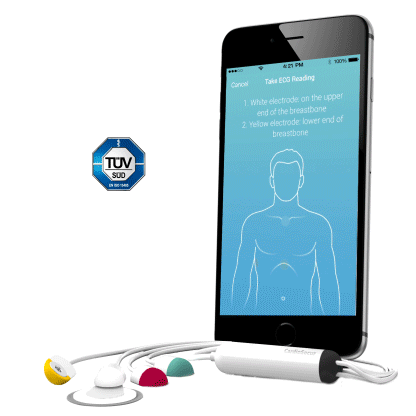
Travel First-aid Kit
July 1st, 2017
Summer is coming, and with it comes time for vacation and traveling. If you like to travel, we recommend that you bring a small first-aid kit with you in case of emergencies. If you are traveling a longer distance or to a remote location, it is important that you can manage simple health complaints at all times. Learn what the common illness and recommended vaccinations are for your travel destination in advance. If you have prior illnesses or chronic complaints, talk with your physician while planning your trip to learn which medications or precautions may be necessary for you.
Your small travel first-aid kit should include the following:
Thermometer
Antipyretic medication
Anti-inflammatory ointment
Cough syrup or throat lozenges for cold symptoms
Medications to treat diarrhea or constipation
Bandages for small wounds
Sonnencreme und After-Sun
Disinfection spray
Bug spray or lotion
Sunscreen and after-sun lotion
Prophylaxis for diseases typical for your travel destination
For those with cardiac complaints: CardioSecur Active
In the case of serious symptoms, your first-aid kit will not prevent you from needing to see a physician. Look for a local English-speaking physician ahead of time.
If you have sporadically-occurring heart problems, such as arrhythmias, CardioSecur can help you while traveling. With CardioSecur you can record an ECG anytime and anywhere, no internet connection necessary. After 30 seconds, you receive a recommendation to act and immediately learn if medical attention is necessary. CardioSecur makes it possible to travel independently and self-sufficiently. Learn more valuable travel tips in our Summer Special.
Read our guest blog entry from Dr. Peter Kenedi:
Driving and Dangers? to find out what effects driving long distances can have on our cardiovascular system.




